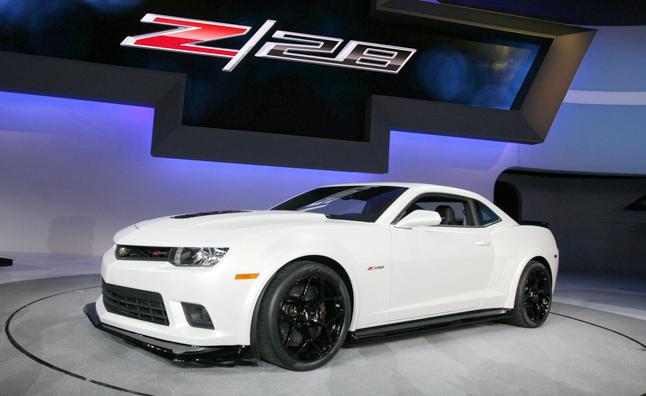
Ontario U-turn means Tesla buyers will get total $14, zero subsidy – The Globe and Mail
Ontario U-turn means Tesla buyers will get utter $14,000 subsidy
A Tesla Model X is seen at the charging station at the Tesla store in Toronto on March 17, 2016.
Jordan Chittley/The Globe and Mail
The Ontario government has flip-flopped on the electrified vehicle incentive program, reinstating the maximum subsidy for battery-electric vehicles priced inbetween $75,000 and $150,000.
The stir, which is part of Ontario’s Climate switch Act Plan, permits buyers of most fresh Tesla vehicles to receive the utter $14,000 rebate instead of just $Three,000. It retroactively applies to vehicles bought since Jan. 1.
“The switches address concerns that some zero-emission BEVs (battery electrified vehicles) were receiving lower incentives than higher-emitting plug-in hybrid electrical vehicles (PHEVs), said Bob Nichols, Ontario Ministry of Transportation (MTO) spokesperson. “Removing the $Three,000 vehicle cap for BEVs only, ensures that the program reduces the purchase price premium at all price ranges, promoting greater EV adoption across all segments of the market and maximizing the program’s potential.”
Story proceeds below advertisement
The province enhanced incentives for plug-in electrical vehicles last February, but capped the rebate at $Trio,000 for vehicles with a sticker price of inbetween $75,000 and $150,000. Vehicles priced at more than $150,000 became no longer eligible for subsidies, and this resumes to be the case.
“If you can afford a $150,000, you don’t need a $14,000 subsidy from the rest of us,” said Christine Van Geyn, Ontario director of the Canadian Taxpayers Federation. “Those cars are worth more than the median salary in this province. Most people in this province are driving cars worth less than the subsidy these people are given.”
The switch in the incentive program came a few months before the Canadian Taxpayers Federation reported more than $14 million of the $39 million spent on electrified vehicle incentives inbetween two thousand ten and January two thousand sixteen were for vehicles priced at more than $70,000. The Canadian Taxpayers Federation obtained the information from a Freedom of Information Act request. In addition, $27,690 of subsidies in two thousand fifteen went to five owners of the Porsche 918, a plug-in hybrid that retails for about $1.1 million.
“There was a lot of outrage when people found out that the buyers of million-dollar Porsches were getting subsidies,” said Van Geyn. “The government switched the policy and now looks like they are switching it back when no one is paying attention.”
Van Geyn says the province is raising taxes, putting a carbon tax in place and people are “literally howling to the premier because they can’t pay their hydro bill.” She says the province hasn’t been clear about what it is going to spend the money on. “Is this one of the initiatives, subsidies for millionaires?”
Other vehicles – including the Hyundai Ioniq BEV, Kia Soul EV, Nissan Leaf, Chevrolet Bolt, Chevrolet Volt, Chrysler Pacifica PHEV and Ford Concentrate BEV – are also eligible for the total rebate.
The average Canadian spends around $28,000 on a fresh car and the median family income in Ontario is $79,000, according to Statistics Canada, for two thousand fourteen the most latest year figures are available.